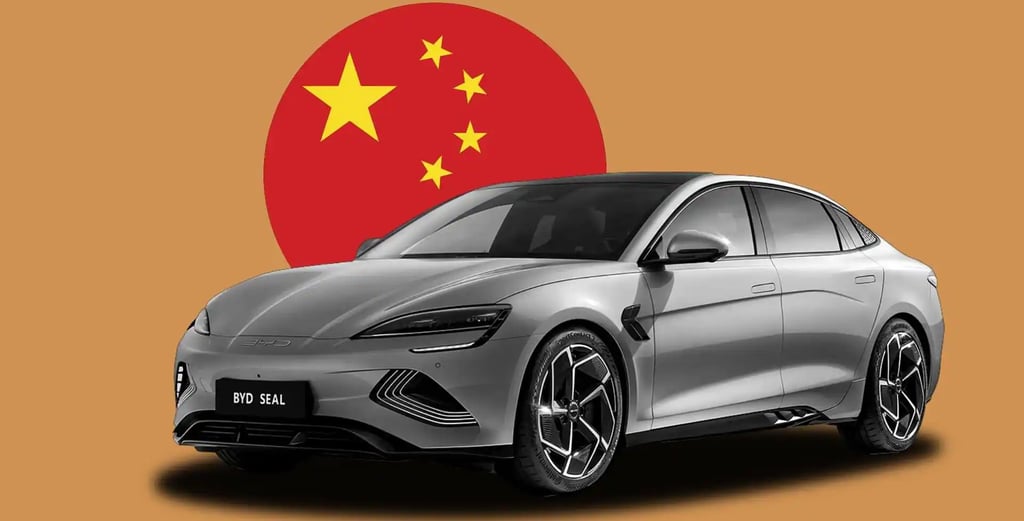The White House Warns Cars Made in China Could Unleash Chaos on US Highways
BLOGS


As Chinese automakers prepare to launch in the US, the White House is investigating whether cars made in China could pose a national security threat.
The US government has initiated an inquiry into the potential national security threats associated with foreign-manufactured vehicles equipped with internet connectivity, particularly those originating from China. Secretary of Commerce Gina Raimondo underscored concerns during a briefing, envisioning scenarios where Beijing could remotely disrupt US highways by disabling Chinese-connected vehicles en masse.
These apprehensions arise amidst the global automotive landscape witnessing the ascendance of major Chinese players like BYD and Geely, especially in the electric vehicle (EV) segment. As vehicles increasingly integrate internet connectivity and automated driving systems, they become susceptible to cybersecurity risks. Instances of hackers remotely compromising internet-connected vehicles highlight this vulnerability, compounded by the vehicles' role as repositories of personal data.
Raimondo disclosed that the Bureau of Industry and Security, under the Commerce Department, will investigate how internet-connected vehicles, equipped with sensors, could potentially facilitate espionage, data collection on US citizens, or sabotage on American roads.
This heightened vigilance surrounding Chinese automotive technology mirrors broader apprehensions regarding China's technological ambitions, dating back to the previous administrations of Presidents Trump and Biden. Sanctions on Chinese telecom firms like Huawei, restrictions on advanced chip exports to China, and concerns over data security from apps like TikTok reflect this ongoing scrutiny.
In light of US automakers lagging in EV sales targets and Chinese counterparts boasting record global sales, concerns mount over China's intentions to dominate the automotive market. China's efficient production methods, bolstered by significant government support, exacerbate these concerns. President Biden vows to safeguard national security interests amidst fears of flooding US markets with Chinese vehicles.
Chinese automakers' plans to manufacture electric vehicles in Mexico, capitalizing on North American trade agreements to evade US tariffs, signal their ambitions to penetrate the US market directly. The Alliance for American Manufacturing identifies China as a significant threat to the US auto industry, urging proactive measures to counter Chinese influence.
National economic adviser Lael Brainard remarks on the competitive landscape tilting towards Chinese automakers due to years of subsidies and protectionism fostering significant EV production capacity. As vehicles evolve with more computerization, sensors, and connectivity, security risks escalate. The Biden administration is collaborating with allies to establish standards for autonomous vehicles and scrutinize Chinese-made components, including lidar systems critical for mapping roads and detecting obstacles.
